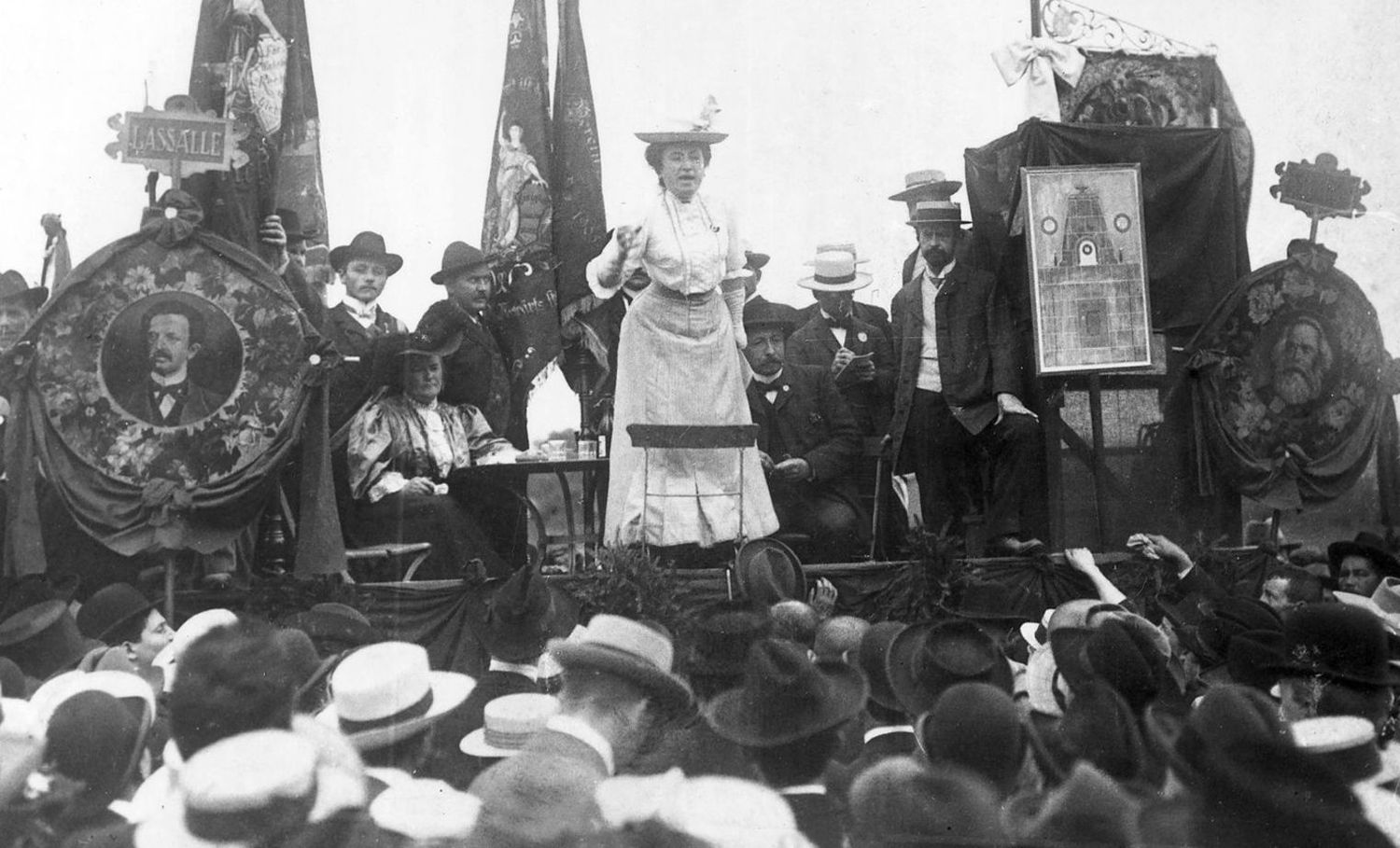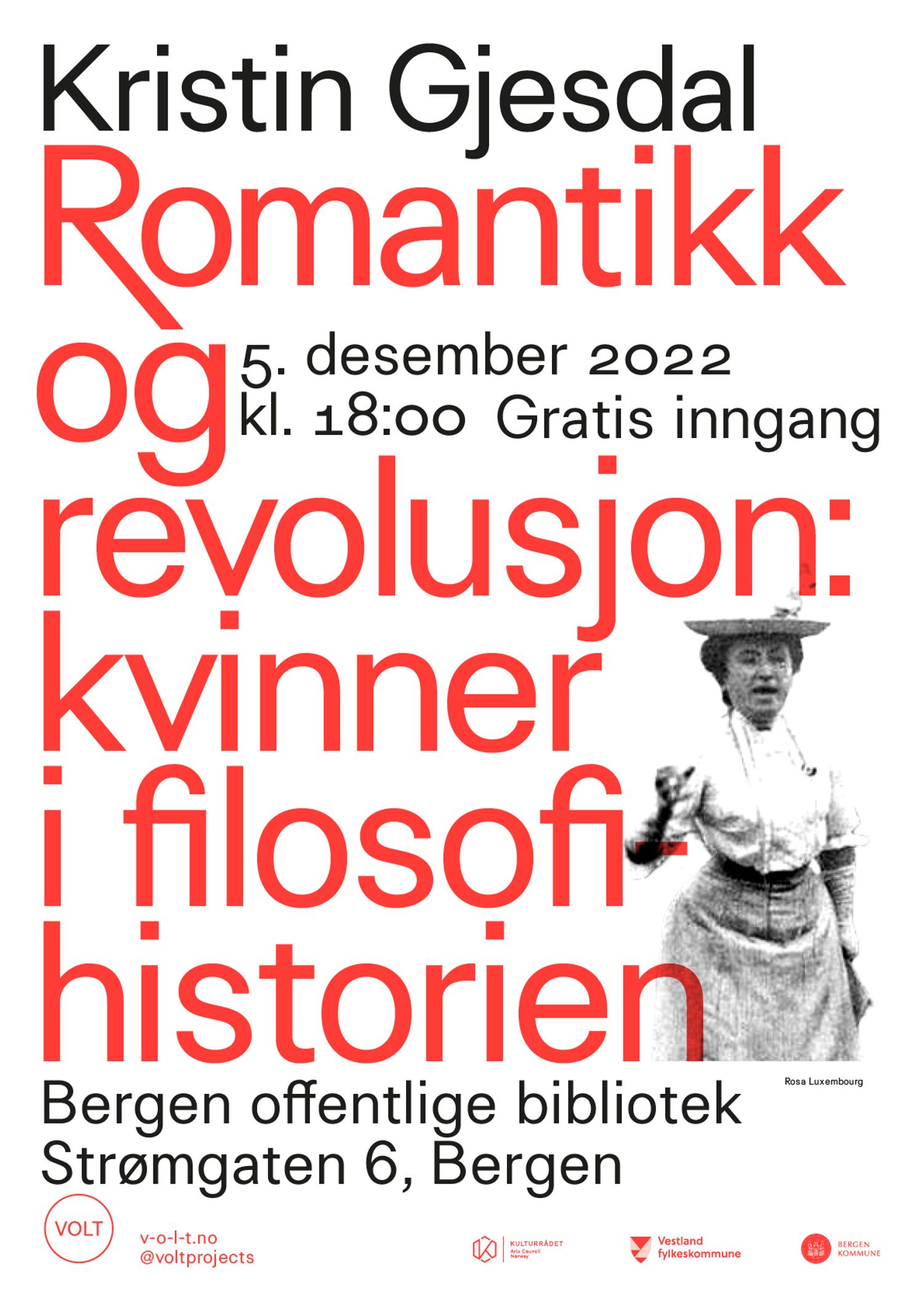The nineteenth century—the period in between the French revolution and World War I—is a particularly rich period in the history of philosophy. In the long nineteenth century, we find philosophers such as Kant, Hegel, Kierkegaard, Schopenhauer, Marx, and Nietzsche—and texts that, for many of us, give rise to a life-long interest in philosophy. But where are the women in this story? Traditional histories of philosophy have systematically overlooked the contributions of women philosophers. It is high time we return to these works and give credit where credit is due.
In the nineteenth century—spanning movements from romanticism and idealism to phenomenology—women contribute to virtually every branch of philosophy: aesthetics, epistemology, ethics, philosophy of nature, feminism, and so on. However, if we were to look for a shared commitment that unify these contributions, it would be this: social and political philosophy. Each in their own way, women philosophers in this period all insist that philosophy neither can nor should be understood as detached from a deeper social and political engagement.
In her presentation, Gjesdal approaches the contributions of women philosophers through the works of Germaine de Staël, Hedwig Dohm, and Rosa Luxemburg. The aim is to highlight the relevance and the originality of their contributions, but also to bring to light the philosophical arch between romantic women philosophers and mid-century socialists.

